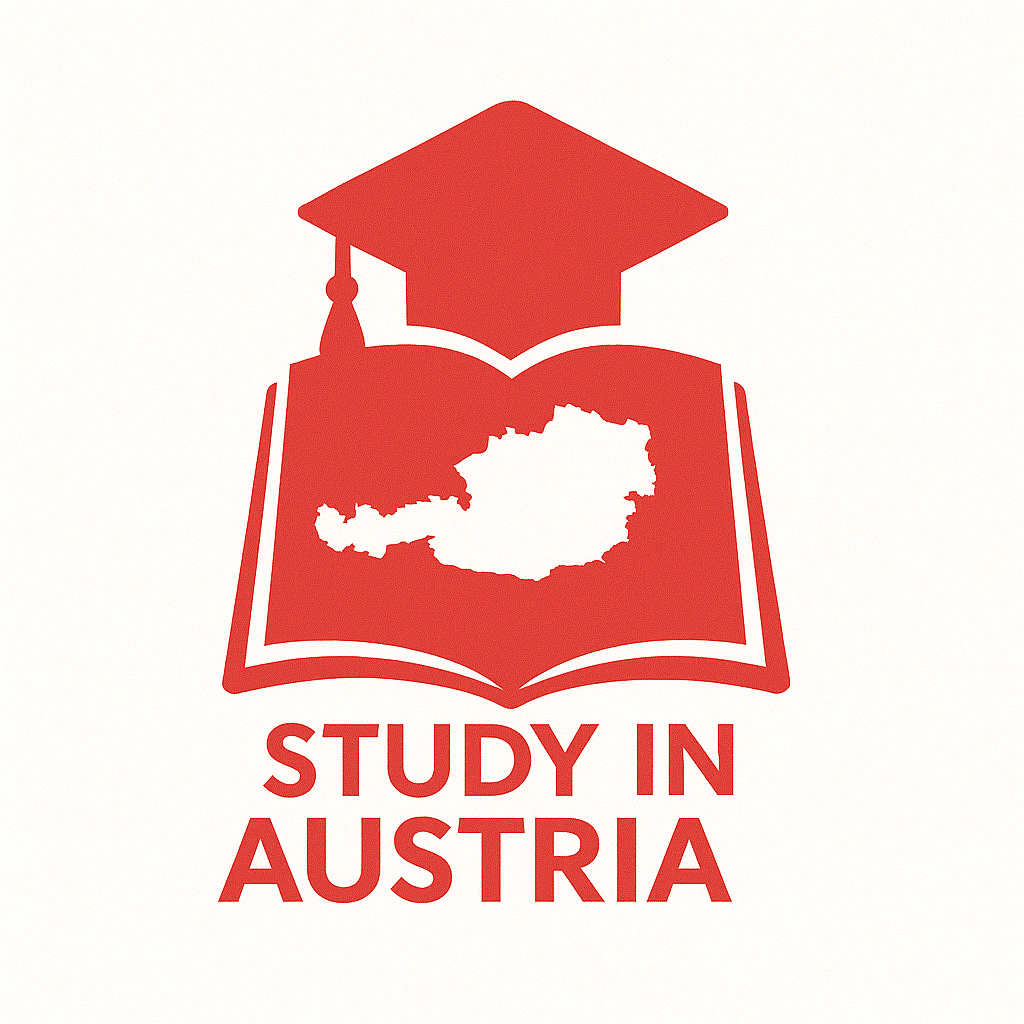Essential Tips for International Students in Austria
Admission Requirements
When planning to study in Austria, the first step is understanding admission requirements, which can vary by institution and program. Here are critical aspects to consider:
Valid Secondary School Leaving Certificate
- Equivalence to Austrian Matura: Ensure your secondary school leaving certificate, such as an A-level or high school diploma, is equivalent to the Austrian Matura. This document should also be valid for university admission in your home country.
- Entrance Exams: Some programs, particularly in the arts or applied sciences, may require passing an entrance exam, either in your home country or in Austria.
Required Documentation
To complete your application effectively, prepare the necessary documentation, which typically includes:
- Proof of Nationality: A valid passport or national ID.
- Completed University Application Form: Obtainable from the institution’s website.
- Documents Proving University Entrance Qualification: Both general and specific qualifications may be required.
- Language Proficiency: Proof of German language proficiency may be necessary, depending on your chosen program.
- Physical and Motor Skills Proof: Required for certain courses, such as sports or performing arts.
Additional Considerations
If your desired program is not available in your home country, you may need to provide evidence of the most similar course available. In cases where your home country lacks universities entirely, this requirement may be waived.
Language Skills
Language proficiency is another key element for international students in Austria. Here’s what you should know:
German Language Requirements
- Most bachelor’s and many other study programs are conducted in German. You may be required to demonstrate sufficient proficiency, often via a language exam.
- If you are considering postgraduate or specialized programs, check each program’s specific language requirements, as some may be available in English.
Visa and Residence Permits
Understanding visa and residency regulations is crucial for international students. Here’s a breakdown:
EU/EEA Nationals
- Visa Exemption: EU/EEA nationals do not require a visa but must register with local authorities if staying longer than three months.
Nationals from Third Countries
- Visa Types: Depending on your intended duration of stay, you will need either:
- Visa C: For stays up to six months.
- Visa D: For longer stays, or a residency permit if your studies extend beyond six months.
- Documentation Required:
- Proof of admission to an Austrian university.
- Proof of accommodation.
- Health insurance proof.
- Evidence of sufficient financial means to support your stay.
Living in Austria
Being aware of what living in Austria entails can significantly enhance your experience. Take note of the following:
Accommodation
- Early Booking: It’s advisable to secure accommodation as early as possible, especially at the academic year’s commencement when demand is high.
Budgeting for Living Expenses
Prepare a comprehensive budget that includes:
- Housing Costs: Rent can vary greatly depending on the city.
- Health Insurance: Mandatory for all students; ensure you have the appropriate coverage.
- Daily Expenses: Food, transportation, and study materials should be accounted for.
Health Insurance
Health coverage is obligatory for students in Austria. Investigate options that meet local requirements to avoid any interruptions in your studies.
Getting Started
The journey doesn’t end with applications; it’s imperative to allow sufficient time for each step in your preparation process:
Timeline for Preparation
- Application to Arrival: Consider that gathering documentation, gaining admission, and obtaining necessary permits can take several months.
- Cultural Matters: Familiarize yourself with local customs, university life, and public transport systems to ease your transition.
Utilize University Support Services
Leverage resources offered by universities and other organizations designed for international students:
- Orientation Sessions: Participating in these will provide valuable insights into the academic environment.
- Language Courses: Many universities offer these to aid non-native speakers in achieving proficiency.
- Integration Assistance: Connect with groups or mentors that help international students transition to life in Austria.
Conclusion
Successfully navigating the complexities of studying in Austria requires careful planning and an understanding of essential tips outlined above. By taking these steps, you not only ensure a smooth transition but also set yourself up for long-term success as an international student.
At Study in Austria, we are committed to providing comprehensive support throughout your educational journey. Whether you’re part of a university admissions team, an international student recruiter, or a placement agency, our services are tailored to meet your needs. We invite you to contact us to explore partnership opportunities or for further assistance in assisting students through their study abroad endeavors.
Take the Next Step with Study in Austria
Explore further and make your study abroad dreams a reality with our tailored support and resources.

